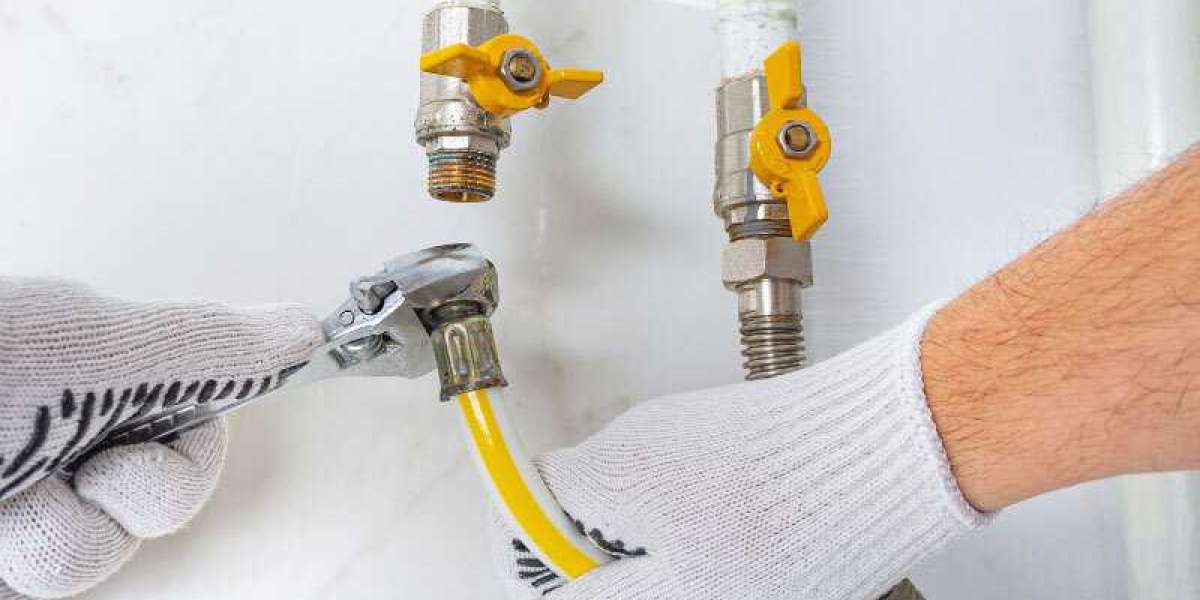Introduction
Gas is a crucial energy source in our homes, but a gas leak or malfunction can lead to a dangerous emergency. Understanding how to identify a gas emergency and what steps to take can be a life-saving skill. In this article, we will explore the topic of emergency gas repair, focusing on safety measures, prevention, and what to do in case of a gas emergency.
The Importance of Gas Safety
Safety should always be a top priority when dealing with gas. Gas leaks and malfunctions can lead to fires, explosions, or health risks. To ensure your safety, it's essential to be aware of gas safety practices and be prepared for emergencies.
Identifying a Gas Emergency
A gas emergency can manifest in several ways, including the smell of gas, hissing sounds, or visible damage to gas lines. If you suspect a gas emergency, it's crucial to act swiftly and decisively.
Immediate Actions to Take
- Safety First: Ensure the safety of yourself and others in the area.
- No Open Flames: Do not light matches, use lighters, or operate electrical switches.
- Ventilate: Open doors and windows to allow gas to disperse.
- Evacuate: If the gas smell is strong, leave the area immediately.
Shutting Off the Gas Supply
Knowing how to shut off your gas supply can prevent further gas leakage. The gas shut-off valve is typically located near the gas meter. Turn the valve clockwise to shut off the gas supply.
Ventilating the Area
Proper ventilation helps dissipate the gas and reduces the risk of an explosion. Keep doors and windows open to allow fresh air to flow into the space.
Call for Professional Help
After taking initial safety measures, call a professional gas service provider or your local gas company to report the emergency. They can assess and repair the gas line safely.
Gas Leaks and Health Risks
Gas leaks not only pose explosion risks but can also have health consequences. Inhaling natural gas can lead to symptoms like dizziness, nausea, and difficulty breathing.
Carbon Monoxide Poisoning
Carbon monoxide (CO) is a colorless, odorless gas that can be produced during gas combustion. Exposure to high levels of CO can be fatal. Install carbon monoxide detectors in your home to monitor CO levels and provide early warnings.
Gas Appliances Maintenance
Regular maintenance of gas appliances is essential to prevent gas leaks and malfunctions. Have a professional inspect and service your gas appliances annually.
Preventing Gas Emergencies
Prevention is the best way to avoid gas emergencies. Regular inspections, maintenance, and following safety guidelines can significantly reduce the risk of gas-related incidents.
Safety Measures for LPG and Natural Gas
Different safety measures apply to LPG (liquefied petroleum gas) and natural gas. Be aware of the type of gas used in your home and follow specific safety guidelines.
Evacuation Procedures
In some cases, you may need to evacuate your home during a gas emergency. Have an evacuation plan in place and ensure everyone knows the escape routes.
After the Gas Emergency
After the gas emergency is resolved, it's essential to check for any damage or necessary repairs. Ensure that your gas supply is turned back on safely by a professional.
Conclusion
Emergency gas repair is a topic that should not be taken lightly. Your safety and the safety of your loved ones depend on your ability to respond effectively during a gas emergency. Be vigilant, follow safety guidelines, and always prioritize safety.
FAQs
What should I do if I smell gas in my home? If you smell gas, immediately evacuate the area, do not use open flames, and call a professional gas service provider.
How can I prevent gas leaks in my home? Regular maintenance of gas appliances, checking for leaks, and following safety guidelines can prevent gas emergencies.
What are the signs of carbon monoxide poisoning? Symptoms of carbon monoxide poisoning include dizziness, nausea, confusion, and shortness of breath.
Are there specific safety measures for natural gas and LPG? Yes, safety measures may vary for natural gas and LPG, so it's essential to be aware of the type of gas used in your home.
How often should I have my gas appliances inspected? It's recommended to have your gas appliances inspected and serviced annually by a professional.





